 'The Man Who Knew Too Much' is the only remake in Hitchcock's filmography - and it's remake of one of his own films, to boot.
'The Man Who Knew Too Much' is the only remake in Hitchcock's filmography - and it's remake of one of his own films, to boot.The original version was made in England in 1934 and enjoyed great success. It set him up for a run of British films - including bona fide classics 'The 39 Steps' and 'The Lady Vanishes' - that cemented his reputation and paved the way to Hollywood. The original version moved fast, kept the tension ratcheted up, and clocked in at a taut 75 minutes.
Over two decades later Hitch gave the world Version 2.0 - 40 minutes longer, far less urgent and with the dubious bonus of Doris Day, in an atypical dramatic role, belting out 'Que Sera Sera' twice during the course of the film. (The song was written specifically for the film and Doris Day's recording has enjoyed enduring popularity.) To be fair, though, she excels herself in a heart-wrenching scene after James Stewart breaks the news to her that their son has been kidnapped, communicating a genuine sense of inarticulate pain and distress.
Hitchcock described the first film as the work of a talented amateur and the second as that of a professional. I'd say the man was damning himself with faint platitudes. And not without justification.
'TMWKTM' demonstrates the best and worst of its director. On the plus side: the innocent-man-caught-up-in-deadly-events plot that Hitchcock did so well; some great set-pieces, ranging from the grotesquely comic (a false trail that leads James Stewart to a taxidermist's) to the genuinely tense (the build-up to an assassination attempt at the Royal Albert Hall); and the pleasure of seeing composer Bernard Herrmann onscreen conducting the London Symphony Orchestra during the aforementioned crucial scene. Interestingly, it's not his own music he's conducting (although he was offered the opportunity of composing a choral work for the film), but Arnold Benjamin's 'Storm Cloud Cantata', which Herrmann greatly admired and felt would suit the film better than anything of his own. Kudos to the man for his humility and integrity as well as his talents as composer and conductor.
On the minus side: too many lame attempts at comedy (Stewart struggling with the low seating at a Morrocan restaurant; the hamfisted jokiness of the final scene); plot developments that aren't just contrived but hammered blugeoningly into shape; and an annoying succession of patently unconvincing process shots. This last is the thorn in Hitchcock's side as a film-maker: in the earlier films, particularly the black-and-white outings, the process shots don't bother me so much: it was typical of that era. Move into the 50s and particularly the 60s and cinema was heading in a different, less studio-bound direction.
Hitchcock was a studio director. The location shooting was something to be got out of the way, then sets were built back at Universal*. Need a shot of James Stewart or Doris Day outdoors? Use back-projection and never mind the artificiality. 'TMWKTM' goes to an extreme: in the Morocco sequences, half the frickin' interiors are process shots never mind the the exteriors. The cumulative effect is that you never quite forget that you're watching a movie.
Fortunate, then, that you're just as seldom in any doubt that the movie you're watching is a Hitchcock.
*Ironic that his self-described best film, 'Shadow of a Doubt', was almost entirely shot on location.
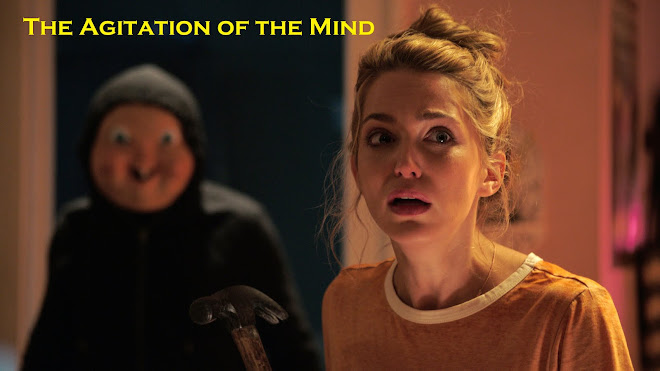
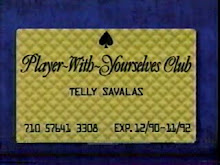
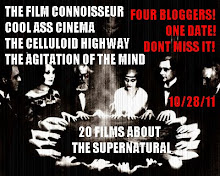
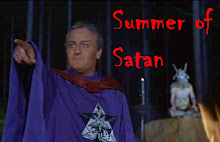
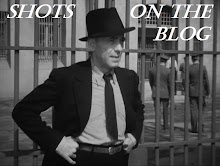










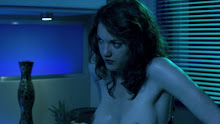
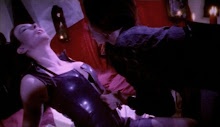





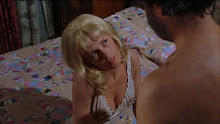
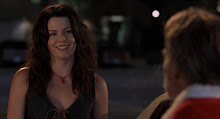








No comments:
Post a Comment